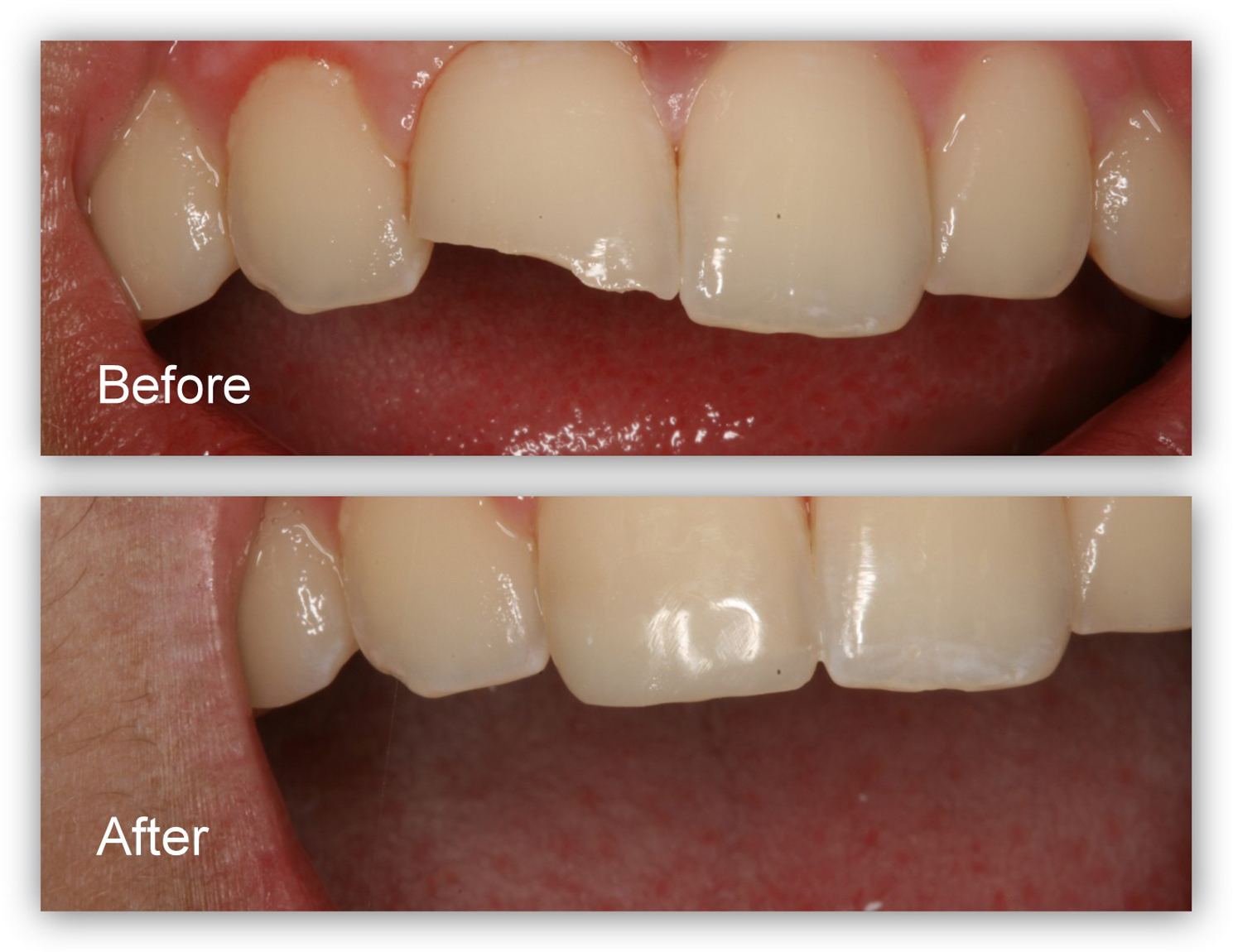General Dentistry
Initial Oral Examination
At the Garden City Dental Suites, we offer screenings and consultations for all patients. This includes a comprehensive examination and the necessary X-rays to assure an accurate and complete diagnosis.
Bonded Fillings
You can have stronger, more attractive teeth through cosmetic dentistry with tooth-coloured fillings. New generation composites have the look and feel of a natural tooth and can be matched to the exact shade of your natural teeth. It also enables the dentists to preserve more of your healthy tooth. Traditional amalgam fillings require that portion of healthy tooth be removed, while composites, only requires removal of the damaged tooth structure.
Instead of simply filling your tooth, Composites creates a permanent bond that reinforces your tooth from all angles. It also is more wear-resistant than a variety of other filling materials.





Fluoride
Fluoride for your teeth can be acquired from several sources such as toothpastes, specific fluoride applications and perhaps fluoride added to the water by your local municipality. Fluoride can help to prevent tooth decay. An easy way to ensure that fluoride is used to its maximum effect is by supervising your child while brushing their teeth. You should make sure that they do not rinse but spit out the toothpaste, and that they don't swallow it either.
Preventing Tooth Decay
The main cause of tooth decay is not the amount of sugar or acid in the diet, but how often it is consumed in liquid or solid form. Constant snacking and sipping food and drinks high in sugar and acid puts you at higher risk of tooth decay. Try having sugary and acidic foods at mealtimes ONLY! Avoid snacks before bedtime and sticky foods like toffees and gums.
An easy, safe and painless way of protecting your teeth from decay is to have sealants placed on your back teeth. A sealant is a protective plastic coating applied into the grooves of the back teeth to create a barrier that prevents food and bacteria accumulating in the fissures and causing tooth decay.
Oral Hygiene
Good oral hygiene habits are achieved by brushing your teeth twice per day with fluoride a toothpaste, flossing in between your teeth and using a mouthwash. Regular 6 monthly check-ups to the dentist are important to keep you smiling and healthy.
Oral health and your mouth can give an insight into the health of your body. Many systemic diseases and nutritional deficiencies can show signs in the mouth first prior to other signs and symptoms in the rest of the body.
A simple way to maintain and keep a good oral hygiene routine, which can help prevent most dental problems is to:
- The last thing before you go to sleep should be to brush your teeth and at least one other time during the day, with a fluoride toothpaste
- Flossing must be done at least one per day to ensure areas between the teeth are cleaned
- Good eating habits – eating healthy and having sugary foods and drinks less often.
- Visit your dentist one every six months for regular dental check-ups.

Although most people brush regularly, many don't clean between their teeth or their technique may be incorrect. Also some people don't visit the dentist regularly. A few small changes in your daily routine can make a big difference in the long term. Your dental team can remove any build-up on your teeth, treat any gum disease that has already appeared or pick up any problems during a routine check-up. However, daily dental care is up to you, and your main tools are the toothbrush, toothpaste and interdental cleaning (cleaning between your teeth)
Gum Disease and bleeding gums
Gum disease is generally painless in the beginning, although it damages the bone supporting the teeth. Gum disease (gingivitis) will usually show signs such as red, swollen gums that bleed when you brush or clean between your teeth. You may also find that you have bad breath. Many people become worried when they notice their gums are bleeding and then avoid certain areas or brush very gently at those sites. This will only make the situation worse, and will lead to a more severe form known as periodontitis, hence it is important that you continue to clean regularly and thoroughly if you are to fight gum disease.
It is possible for your gums to bleed or be sore for the first few days that you clean between your teeth. However, this should not stop you from flossing as it will slowly get better and bleeding will stop altogether. This should stop once the plaque is broken up and the health of your mouth has improved. Consult your dentist if you have a problem with bleeding gums, so they are able to help you and advise you further on how to take care of your teeth and gums.





Extractions
Coming Soon